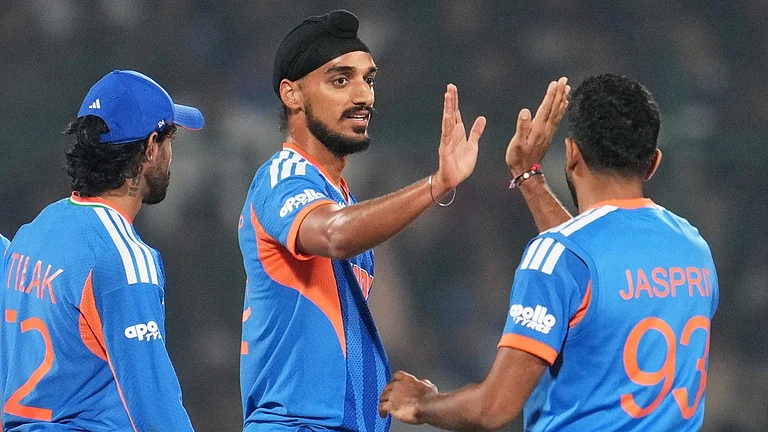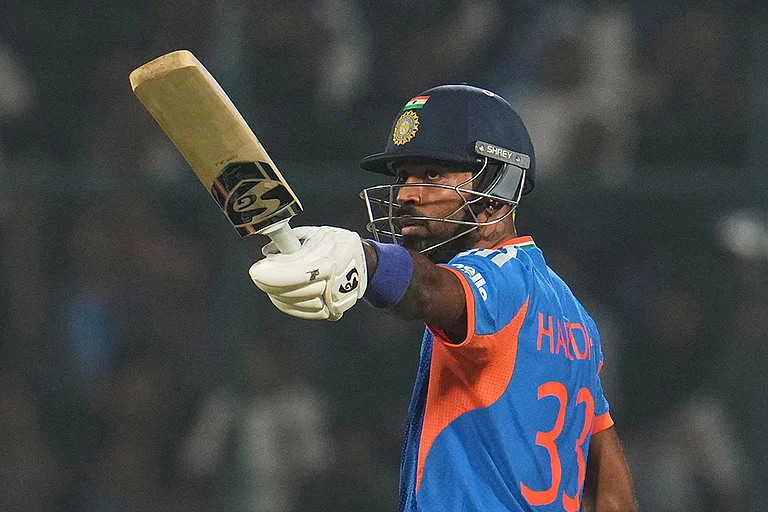Two co-passengers in a Ranchi-Delhi flight, both doctors, saved a baby with congenital heart disease on Sunday after the baby developed severe breathing issues mid-air.
The two doctors who came to the child's rescue were IAS officer and doctor by training, Dr Nitin Kulkarni and Dr Kulkarni from Ranchi Sadar Hospital. They reportedly gave oxygen supply to the baby in distress using a mask meant for adults and other drugs as emergency medical assistance.
After the flight landed after an hour, a medical team took the baby under their care and provided oxygen support.
Acording to Dr Kulkarni,"The mother was crying as the baby was gasping for breath. Me and Dr Mozammil took over care of the baby. Oxygen was supplied through an adult mask as somehow no baby mask or cannula was available," Dr Kulkarni said.
"We checked the medical records. The baby suffered from a congenital heart condition, patent ductus arteriosus (PDA). They were going to AIIMS for it," he said.
He said that injection Theophylline was given from the drugs kit. The parents were carrying injection Dexona, which proved very helpful, he said.
All about the incident
As per media reports, the baby with a congenital heart disease was being taken to AIIMS Delhi for treatment. On Saturday, twenty minutes into the Indigo flight, the air crew made an emergency announcement seeking medical assistance from any doctor on board for a baby in distress.
Dr Kulkarni further explained that the baby showed some signs of improvement after the injections and oxygen and heartbeat was being monitored with a stethoscope. Lack of an oximeter made it difficult to assess the oxygen saturation status.
"First 15-20 minutes were very crucial and stressful as it was difficult to gauge the progress. Finally the eyes became normal and the baby also made sounds," he said. He added that the cabin crew was very helpful and provided prompt support.
"We requested for priority landing and full medical support on arrival," Dr Kulkarni said.
The flight landed at 9.25 am and the medical team rushed in to provide the baby with oxygen support. "We were happy and satisfied with the outcome of our efforts of more than an hour," Dr Kulkarni said.


























